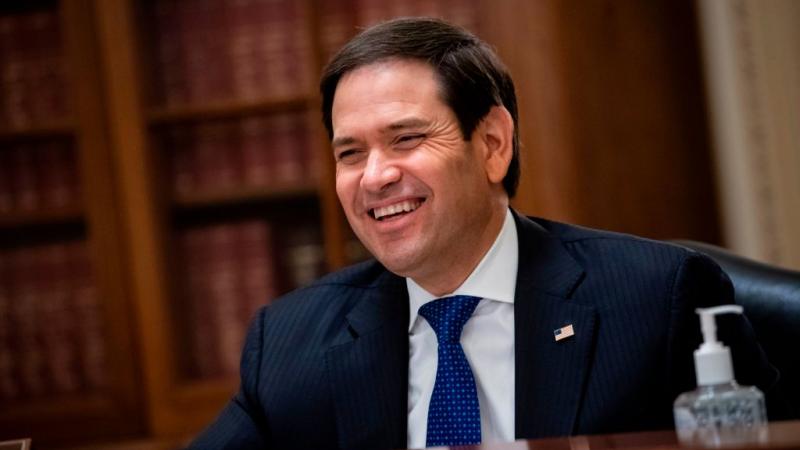Plan to let media form cartels to negotiate with Big Tech clears Senate committee
House Minority Leader Kevin McCarthy derided the bill as "the antithesis of conservatism."
The Senate Judiciary Committee on Thursday advanced a plan to let media outlets jointly negotiate with Big Tech companies, in spite of existing anti-trust laws.
The Journalism Competition and Preservation Act (JCPA) would create a temporary, four-year window during which news outlets may work with one another to secure better deals with social media giants and other content platforms, according to the Epoch Times.
The measure would allow groups of media outlets to "collectively withhold content from, or negotiate with, an online content distributor regarding the terms on which the news content of the news content creator may be distributed by the online content distributor."
The JCPA specifically bars outlet coalitions from excluding organizations based on size or political leaning. However, many Republicans fear the plan would benefit legacy media groups to the detriment of smaller and anti-establishment outlets. The JCPA does allow these hypothetical media unions to exclude groups over hate speech, misinformation, extremism or misinformation, among an array of other nebulous exceptions with the potential for broad interpretation.
Committee assent now sends the plan to the entire Senate for consideration. The bill will likely clear a Senate filibuster given 11 Republicans on the committee voted to advance the plan, as the Times noted. In the House, it faces less certain, but still generally positive prospects.
House Minority Leader Kevin McCarthy derided the bill as "the antithesis of conservatism," per Breitbart News, and said "attempts by big media and Democrats in Congress to collude and monopolize economic models poses a tremendous threat to free speech and a free press."
















